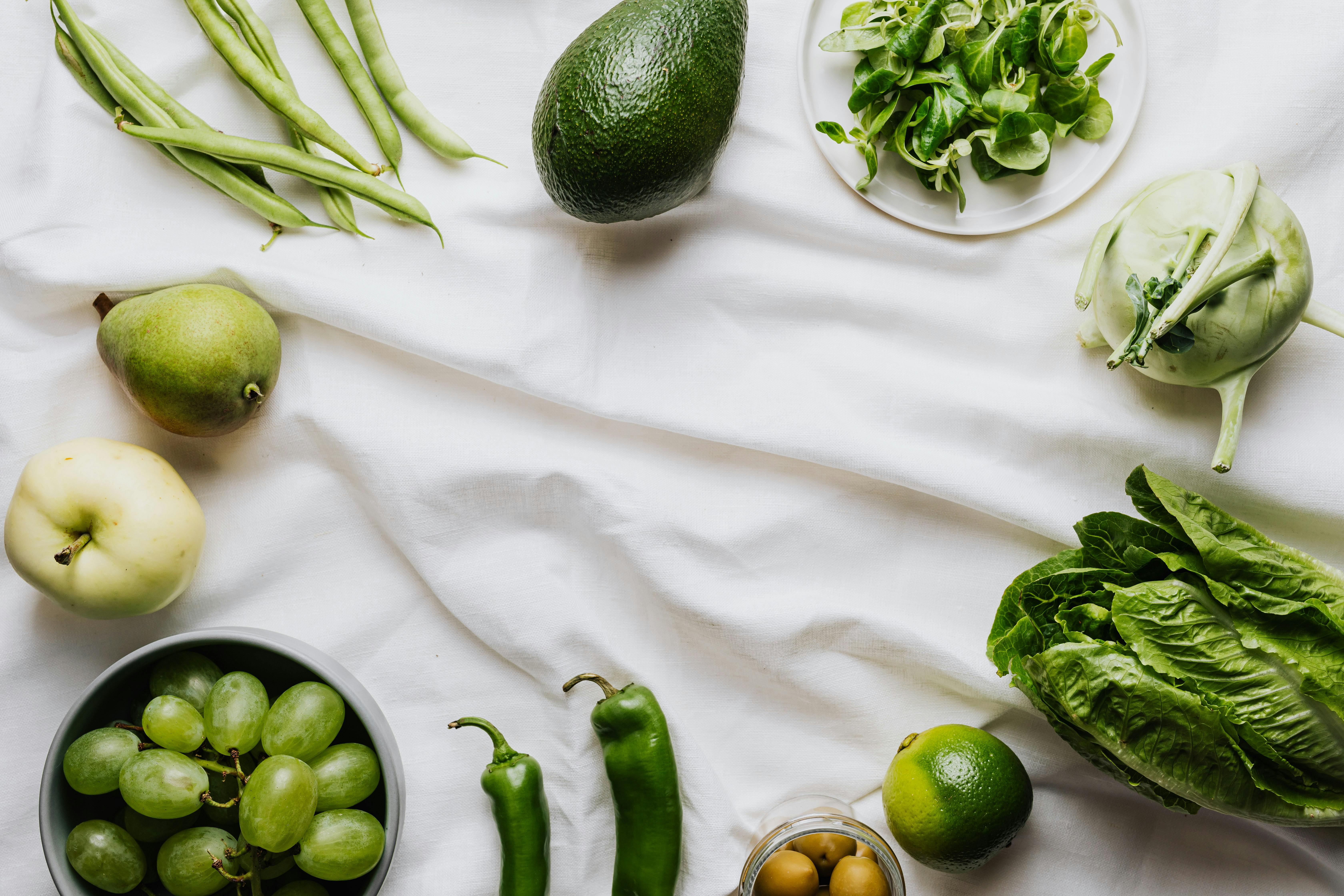Effective Ways to Manage Keto Constipation in 2025: Tips to Succeed

Understanding and Managing Keto Constipation in 2025
As more individuals embrace the ketogenic lifestyle, the benefits of a high-fat, low-carb diet are often touted, yet some experience keto constipation as a significant drawback. Understanding the underlying causes of constipation related to the keto diet is essential for achieving optimal digestive health. This article delves into effective strategies for managing keto constipation, exploring various solutions, dietary adjustments, and lifestyle modifications critically needed to maintain better bowel movements while enjoying the keto spaghetti lifestyle.
The keto diet's focus on high fat and low carbohydrate intake can sometimes lead to a lack of dietary fiber, crucial for healthy digestion. In this article, we will cover keto constipation remedies, fiber sources, hydration strategies, and adjustments needed to prevent and alleviate constipation symptoms. By implementing these tips, you can successfully navigate through the keto diet while ensuring digestive wellness and overall health.
Key takeaways include understanding keto constipation, practical dietary adjustments, the importance of hydration, and effective remedies to keep your gut healthy. Let's explore these effective measures for achieving relief from constipation on keto and promoting a more comfortable, manageable diet.
Effective Dietary Adjustments for Keto Constipation
Building on the fundamentals of the keto diet, it's critical to identify dietary adjustments that can minimize any risk of constipation. Simply put, low fiber intake is a common culprit contributing to constipation on keto.
The Role of Fiber in the Keto Diet
Fiber plays a vital role in digestive health. It aids in creating bulk in the digestive tract, promoting regular bowel movements, and alleviating constipation symptoms. For those on a keto meal plan, finding appropriate fiber sources is essential. Foods such as non-starchy vegetables, nuts, and seeds should be pivotal in your diet. Incorporating a variety of these keto-friendly foods will ensure a diverse fiber intake and encourage gut health.
Consider incorporating foods like avocados and chia seeds into your meals; both are high in fiber while aligning with the keto principles. This strategic focus on fiber-rich foods can significantly help mitigate the restrictive nature of the keto diet.
Choosing the Right Types of Fiber
When managing constipation on keto, selecting the right types of fiber is essential. There are two main types of dietary fibers: soluble and insoluble. Soluble fiber is beneficial as it dissolves in water, helping soften stool, whereas insoluble fiber provides bulk. Fermentable fiber sources like psyllium husk or ground flaxseed can help maintain a balanced fiber intake. Incorporating these types into your diet will enhance gut flora and alleviate constipation.
Moreover, understanding fiber intake is equally important, as most people on keto often fall short of the recommended daily fiber needs. Aiming for at least 25-30 grams of fiber daily from keto-friendly sources can promote smoother digestion and prevent constipation.
Hydration Strategies for Keto Success
Hydration is another key factor in managing keto constipation. Dehydration can contribute significantly to digestive issues, particularly due to the diuretic effect of a ketogenic diet. It's essential to maintain adequate fluid intake while following a high-fat diet. Aim for at least 2-3 liters of water daily, and consider incorporating electrolytes like sodium, magnesium, and potassium to counterbalance the loss.
Additionally, herbal teas or warm lemon water can provide gentle hydration alongside digestive support. Staying well-hydrated aids in breaking down food and promoting regularity, thus mitigating constipation symptoms.
Utilizing Probiotics and Fermentable Fiber
With these basics established, let’s take a closer look at the role of probiotics and fermentable fiber in improving gut health on keto.
Incorporating Probiotic Foods on Keto
Probiotics are beneficial bacteria that can help maintain intestinal health. Many individuals on a keto diet overlook probiotic sources, yet they can be vital for alleviating constipation. Foods such as sauerkraut, kimchi, and yogurt (preferably low-carb) are excellent additions to your meal plan. Integrating these probiotic-rich foods can enhance gut flora, reducing the likelihood of digestive issues.
Furthermore, fermented foods provide natural enzymes that aid digestion and improve nutrient absorption. Make these foods staples in your diet to enhance digestive wellness and support bowel movements.
Exploring Fermentable Fiber Options
Fermentable fiber can be a game-changer for those struggling with constipation. This type of fiber is metabolized by gut bacteria, leading to improved digestive function and fewer constipation issues. Foods like asparagus, Brussels sprouts, and certain types of nuts contain fermentable fibers beneficial for gut health on keto.
To effectively incorporate fermentable fibers into your diet, consider making soups or stews that combine keto vegetables, which not only enhance taste but also promote digestive well-being. These meals also ensure you're consuming adequate hydration levels to combat constipation symptoms.
Managing Lifestyle Changes to Prevent Constipation on Keto
Following effective dietary strategies, adjusting lifestyle modifications is crucial in preventing constipation while on a keto diet. When coupled with solid nutrition, these changes can lead to significant improvements in digestion and a more comfortable experience on keto.
Emphasizing Hydration with Lifestyle Habits
Staying hydrated is a fundamental practice for maintaining digestive health on the keto diet. Besides water intake, consider the timing of your hydration. Consistently drinking fluids throughout the day, rather than consuming large amounts in one go, can lead to better hydration balance. Additionally, enjoying hydrating foods such as cucumbers, zucchini, and bell peppers can complement your fluid intake.
Moreover, incorporating drinking reminders, such as water apps or visual cues, can prevent dehydration, providing an ideal environment for regular bowel movements and overall digestive wellness.
Understanding the Connection Between Stress and Digestion
Stress can have a profound impact on digestion. Many individuals experience constipation symptoms in stressful situations. Implementing stress management techniques, such as meditation, yoga, or simply taking time to relax, can significantly benefit digestive health. These practices can foster a balanced gut environment, improve nutrient absorption, and support regular bowel movements.
Combining stress management with solid dietary choices creates a holistic approach towards constipation prevention on a keto diet. Monitor your stress levels closely, and actively engage in activities that promote a more relaxed state.
Solutions for Keto Constipation
In addition to dietary adjustments and lifestyle modifications, let's take a look at specific solutions that can further alleviate constipation on keto.
Incorporating Fiber Supplements on Keto
For some, diet alone may not suffice in ensuring adequate fiber intake on the keto diet, leading to the consideration of fiber supplements. Fiber supplements, such as psyllium husk or inulin, can effectively address fiber gaps, supporting regularity and improving digestive health. When choosing a supplement, ensure that it aligns with your keto macro requirements and that it doesn't contain sugar or high-carb fillers.
Be sure to gradually introduce any fiber supplement into your diet to allow your digestive system to adjust without causing discomfort. Always follow the recommended dosages to prevent any digestive disruptions.
Understanding When to Use Natural Laxatives
In more challenging situations, you may consider using natural laxatives to relieve constipation on keto. Common options include aloe vera, chlorophyllin, and magnesium citrate. These natural remedies can promote bowel movements effectively and provide relief as needed.
While natural laxatives can aid in temporary relief, it's essential to address the underlying causes rather than relying solely on these solutions. Sustainable lifestyle and dietary adjustments will lead to effective long-term digestive health and prevent recurrence of constipation symptoms.
Q&A Section on Managing Keto Constipation
Here we address some common questions regarding keto constipation and effective solutions.
What are the signs of constipation on keto?
Common symptoms include infrequent bowel movements, hard or dry stools, abdominal pain, and discomfort. If you notice these symptoms, consider assessing your fiber intake and hydration levels.
How can I increase fiber intake on keto?
Incorporate low-carb fiber sources such as non-starchy vegetables, nuts, seeds, and occasional dairy foods into your diet. Aim for diverse options to ensure you're meeting fiber needs adequately.
Are there specific foods to avoid that can worsen constipation on keto?
Avoid over-processed keto foods lacking fiber, excessive dairy intake, and high-fat meals without sufficient fiber accompaniment. Instead, choose food items that promote digestive wellness and address your individual gut health.
How important is hydration for managing keto constipation?
Hydration is crucial as it supports digestive processes and prevents dehydration, which can exacerbate constipation symptoms. Aim for consistent fluid intake throughout the day to promote healthy digestion.
Should I consult a doctor if keto constipation persists?
If constipation persists despite implementing dietary and lifestyle changes, it may be prudent to consult a healthcare professional. They can provide further insights and tailored recommendations to address your specific situation.

